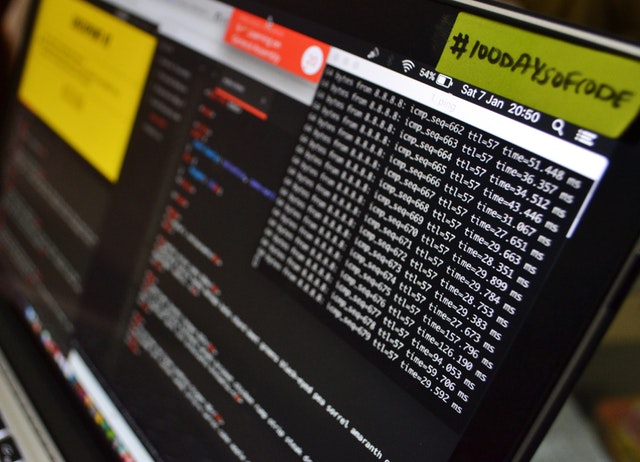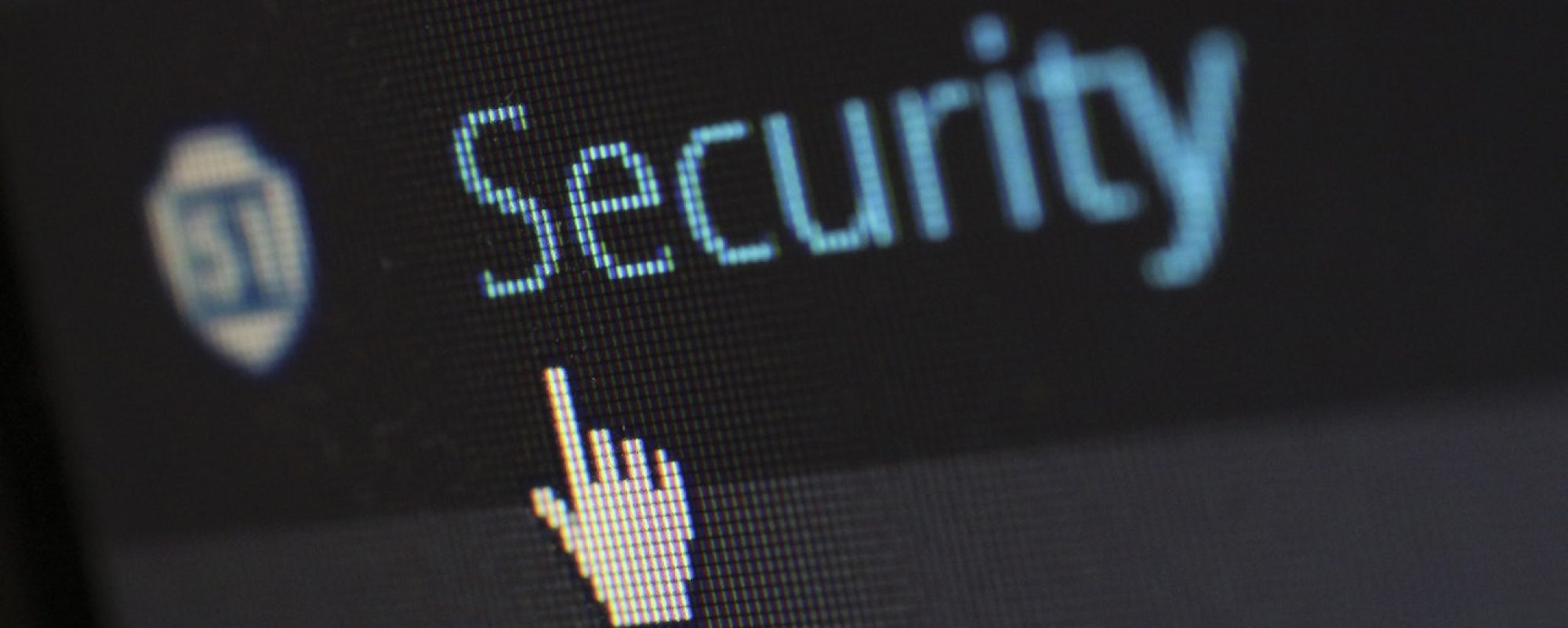
For the cyber thieves, your personal information is as good as gold. Those data points such as name, email address, phone number, passwords, Social Security numbers, and other information will allow the criminals to wreak havoc on your financial accounts, credit health, medical records, and even your job opportunity.
What is identity theft? Identity theft is a crime committed through stealing information from another person to commit fraud. A criminal will track your Social Security number or name and open credit cards in your name, steal your tax refund or use your information to get medical treatment.
If you’re not used to protecting yourself from identity theft, you should start now. With so many people trying to steal identities online, it can feel impossible to stop them. You should actively hide your information from those potential hackers online.
There are steps you can consider to protect yourself from these predators. Here are few ways to reduce the chance of stealing your identity against those criminals and reduce the fallout from identity theft.
Limit what you share online
Criminals may be able to figure out the answers to your security questions, guess your password and confirm your identity through your post on social media sites. Ensure not to share your important information on these sites, if you can, try to lie when answering your security questions. It’s a good way to prevent hackers from guessing your answers. Don’t click on any email links if you don’t recognize the sender.
Be careful when giving your information
People don’t understand that posting anything on social media, compromises their personal information. Cybercriminals can access your information by tricking you into giving the data to them, without knowing it. Answering questionnaires can make you more vulnerable to hackers. They often mix fun questions to it that would give away the answer to your security questions. Keep in mind, never give exact information to anyone who contacts you.
Use Strong Passwords
Always consider to improve your password and don’t re-use the old ones. Different passwords for every account can be exhausting, the reason why many people will resort in using simple words. But how simple your password is, it is also as easy for hackers to break into it by using a certain software. In creating a strong password, choose upper and lowercase letters including numbers and symbols. Using a random password generator will help you on this. Once you already have a strong password, don’t forget to change it regularly.
Frequently Update Your Privacy Settings
Fake accounts can be easily created by having a public photo. Publicly shared photos are vulnerable to this type of theft. Ensure that you set your social media accounts in privacy setting and only share your content to your accepted friends.
Check or Freeze Your Credit Reports Regularly
If you noticed of unexplained changes in your credit reports, be alert. Aim to freeze your credit to limit the use of your credit information. Ask help from three major reporting credit bureaus, it’s free to ask for their services. Restricts access to your records so new credit files can’t be opened unless you unfreeze your account. Always consider requesting one report every four months so you can check for any suspicious or incorrect transaction.
Even how careful you are, everyone could become a victim of identity theft. Ensure you take all these steps seriously to protect yourself online. These are important in protecting your identity online as well as the online safety of those in your social network. If you believe you are the victim of an incorrect credit report and need help rectifying the situation there is a credit repair company that we recommend to help out. After a free consultation you will be well on your way to righting the ship, improving your credit score and future.
Sharing these tips in your social media circle will help everybody to protect their identity in the online world. Frequently checking your credits will make you aware if you’re already a victim of identity theft. There are tools available online if you find yourself a victim of identity theft. The sooner you discover a problem, the sooner you can fix it.
